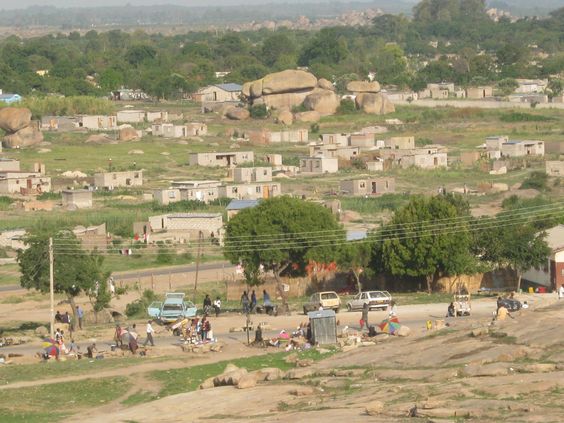By Correspondent
When Epworth was established by Rev. Isaac Shimmin as a Methodist Mission Station in 1890 he had no idea it would become famous for carnal vices.
According to its Christian progenitors it was supposed to radiate the light of Christian teaching to the surrounding areas.
This way it would model the new way of life brought about by the church.
However, Epworth became one of the challenging settlements to both the church and the state.
Today it has one of the highest crime levels, and high prostitution and poverty levels.
According to a research paper, The Farm That Became A Problem, by Richman Ncube and Selaelo Kgatle, Epworth has become a criminal centre and has seen a rise in immoral behaviour such as commercial sex work.
Advent of Carnality
A sudden explosion in the population in the 1970s and early 80s meant that the church had to give up the area to the Local Authority.
The population had jumped from around 20 000 at independence to 35 000 by 1987.
The Church could not control the influx of people, and therefore transferred ownership of the farm to the Ministry of Local Government in 1983.
Epworth had not been planned as an urban residential area and to this day its state betrays the same.

The area has rapidly grown without any water supply or sanitation facilities.
There are very few roads and in some areas the houses are haphazardly arranged.
A recent Local Government project to bring order has done the adverse for many residents.
Sheilla Chipato (47) had her stand dissected down the middle which means half her informal house is outside the legal stand.
She has to demolish it!
Another resident, Musa Maope (54) has to negotiate with three neighbors for when to demolish as their stands overlap.
“One of us cannot just wake up and decide to build because it will affect the other two.
“We have to agree when to demolish the cottages when we all have money to quickly rebuild properly.

Its an ordeal borne from years of wanton growth.
Epworth became the only informal settlement to have been tolerated by the Zimbabwean Government in the post-independence period.
This was because of its size.Instead, government decided to upgrade rather than demolish the informal settlement.
The Epworth Local Board, formed in 1986 under the Urban Councils Act, has been travailing against years of disorder.
It is hectic to bring order to such entrenched mayhem.
Diseases
In 2005, during the Harare City clean-up operation (Murambatsvina), thousands of people were relocated from informal settlements in the city.
Around 20,000 relocated to Epworth feeding the beast to grow even more.
However, such mayhem breeds a lot of illegal and underhand deals.
Sex work has become rife, worsened by the acute poverty.
Resultantly, it has meant an increase in diseases.
In 2006 Medicins Sans Frontiers (MSF) discovered that Epworth’s HIV rate (30%) exceeded the national average by 6 per cent.
MSF has been working in Epworth since then at Epworth clinic.
In the past ten years, more than 30,000 patients have received free medical care at the clinic.
Along with providing general health care, the clinic focuses on the treatment of thousands of HIV patients living in and around the community, ensuring they have access to high quality and free medical care.
Ward Areas
Epworth was initially developed into 4 sub-areas.
However, as the population increased it expanded to 9 sub-areas that are mainly populated with extensive squatter settlements.
Epworth to this day is divided into 7 Wards.
Cllr Anna Sande of CCC was elected in 2023 to be the Epworth Local Board Chairperson.
The suburb still has a huge population which according to the last national census is the fifth largest in the country.
The first 4 are Harare, Bulawayo, Chitungwiza and Mutare.
Despite strenuous efforts at sanitising and bringing order, Epworth remains a huge task that will take years to iron out.



